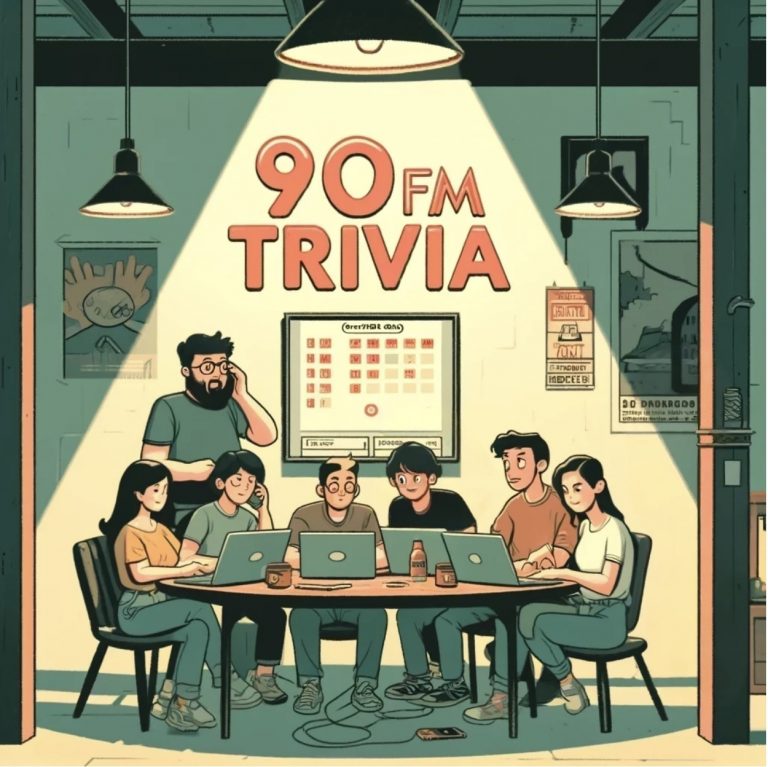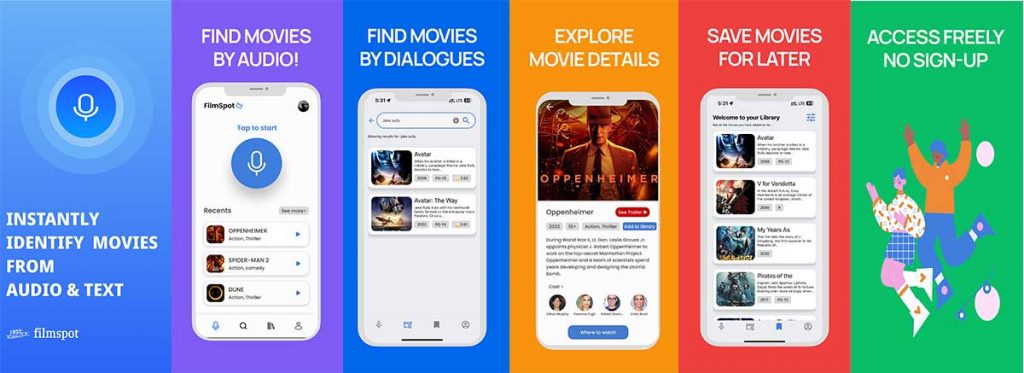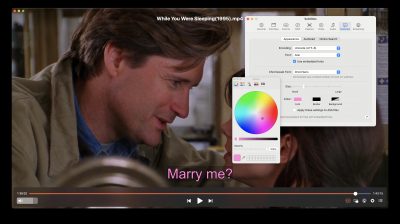Subtitle websites, such as Open Subtitles, operate within a unique niche of intellectual property (IP) laws. Their existence raises important questions about copyright and fair use, especially in the digital age where content crosses borders with ease.
These websites provide a vital service, especially for non-native speakers and the deaf or hard-of-hearing community, enhancing accessibility to global media content. However, the legality of their operations hinges on several factors.
The Gray Area of Copyright Laws
Under copyright laws, subtitles can be considered derivative works. This means they are based on copyrighted material but modified or expanded upon in some form. However, many subtitle websites argue that they fall under the umbrella of fair use, a legal doctrine allowing limited use of copyrighted material without permission for purposes like criticism, comment, news reporting, education, scholarship, or research.
The criteria for fair use include the purpose and character of the use, the nature of the copyrighted work, the amount used about the whole work, and the effect of the use on the market for the original work.
Subtitle websites typically claim their work is transformative, serving an educational purpose or aiding in language learning, which could be seen as meeting the fair use criteria. However, this interpretation is not universally accepted, and the legal landscape varies significantly from one country to another.
Enhancing Accessibility and Cultural Exchange
Subtitle websites have a profound impact on global media consumption. They break down language barriers, allowing people from different linguistic backgrounds to enjoy content from around the world. This not only fosters cultural exchange but also enhances understanding and empathy across cultures. For instance, non-English speakers can enjoy English-language films, while English speakers have access to a wide array of international cinema.
These websites are invaluable for the deaf and hard-of-hearing community, providing access to entertainment and information that would otherwise be inaccessible. This aspect of subtitles aligns well with the principles of digital accessibility and inclusivity, supporting the argument that such services contribute positively to society.
Legal Battles and Industry Response
The legality of subtitle websites has been a contentious issue, leading to numerous legal battles. Some content creators and distributors view these websites as infringing on their copyrights, arguing that they lose control over their content and potential revenue. On the other hand, subtitle creators and users argue that these services provide significant cultural and educational benefits, which should be protected under fair use.
The entertainment industry has responded in various ways. Some companies actively fight against subtitle websites, issuing takedown notices and pursuing legal action. Others have recognized the demand for subtitles and have started to include more comprehensive and high-quality subtitle options in their releases, seeing it as a way to reach a broader audience.
The Future of Subtitles and IP Laws
The debate over subtitle websites and IP laws is likely to continue as technology and media consumption habits evolve. The rise of streaming services and the increasing globalization of media content have highlighted the need for more nuanced approaches to copyright and intellectual property laws.
There is a growing recognition that the current legal frameworks may not adequately address the realities of the digital age, where content is easily shared and accessed across borders.
As the debate unfolds, it will be crucial for lawmakers, content creators, and the public to find a balance that respects the rights of copyright holders while also considering the public’s interest in accessing diverse and inclusive media content.
The role of subtitle websites in making the world a more connected and culturally rich place cannot be underestimated, and their contribution to breaking down language barriers and enhancing accessibility is invaluable.
Subtitle websites like Open Subtitles occupy a complex position with intellectual property laws. While they arguably provide significant social and cultural benefits, their legality under copyright laws remains a debated issue.
As media consumption continues to evolve, so too must our understanding and application of intellectual property laws, ensuring they protect creators’ rights while fostering a more inclusive and interconnected world.
Author: Alistair Vigier is the dynamic CEO and founder of ClearWay Law, an innovative online legal services marketplace. Vigier is a British-Canadian businessman who has significantly impacted the legal industry.











Start the discussion at forum.opensubtitles.com